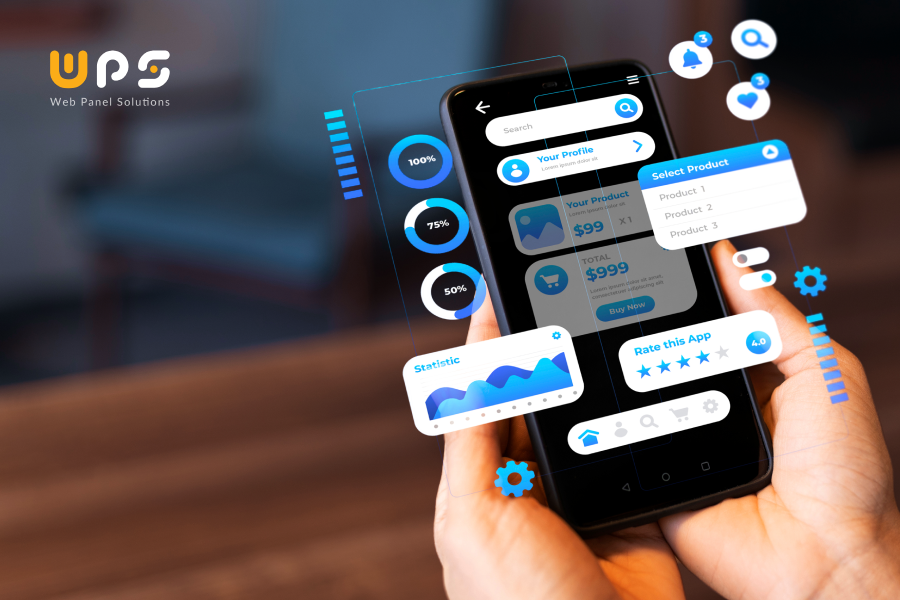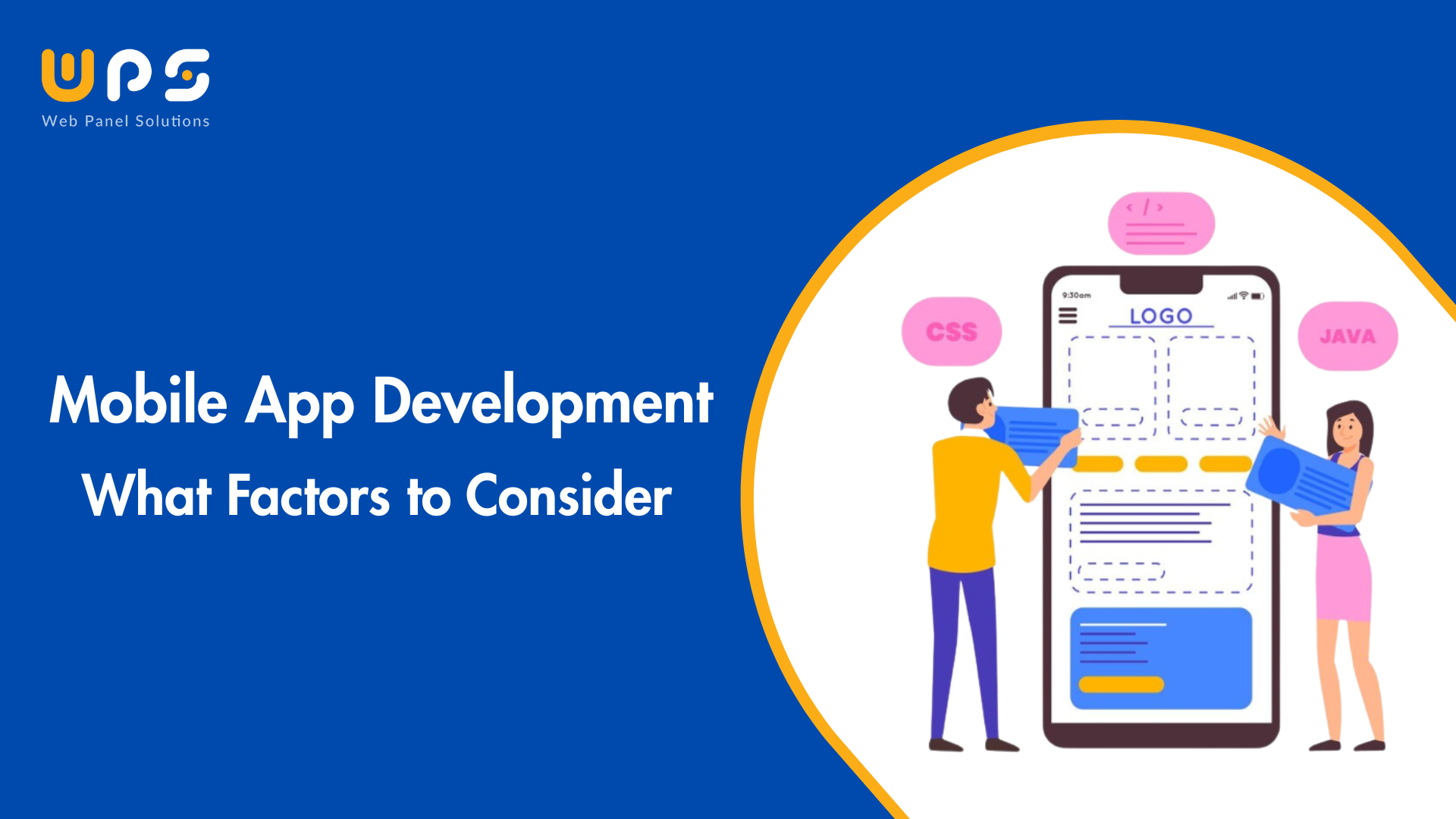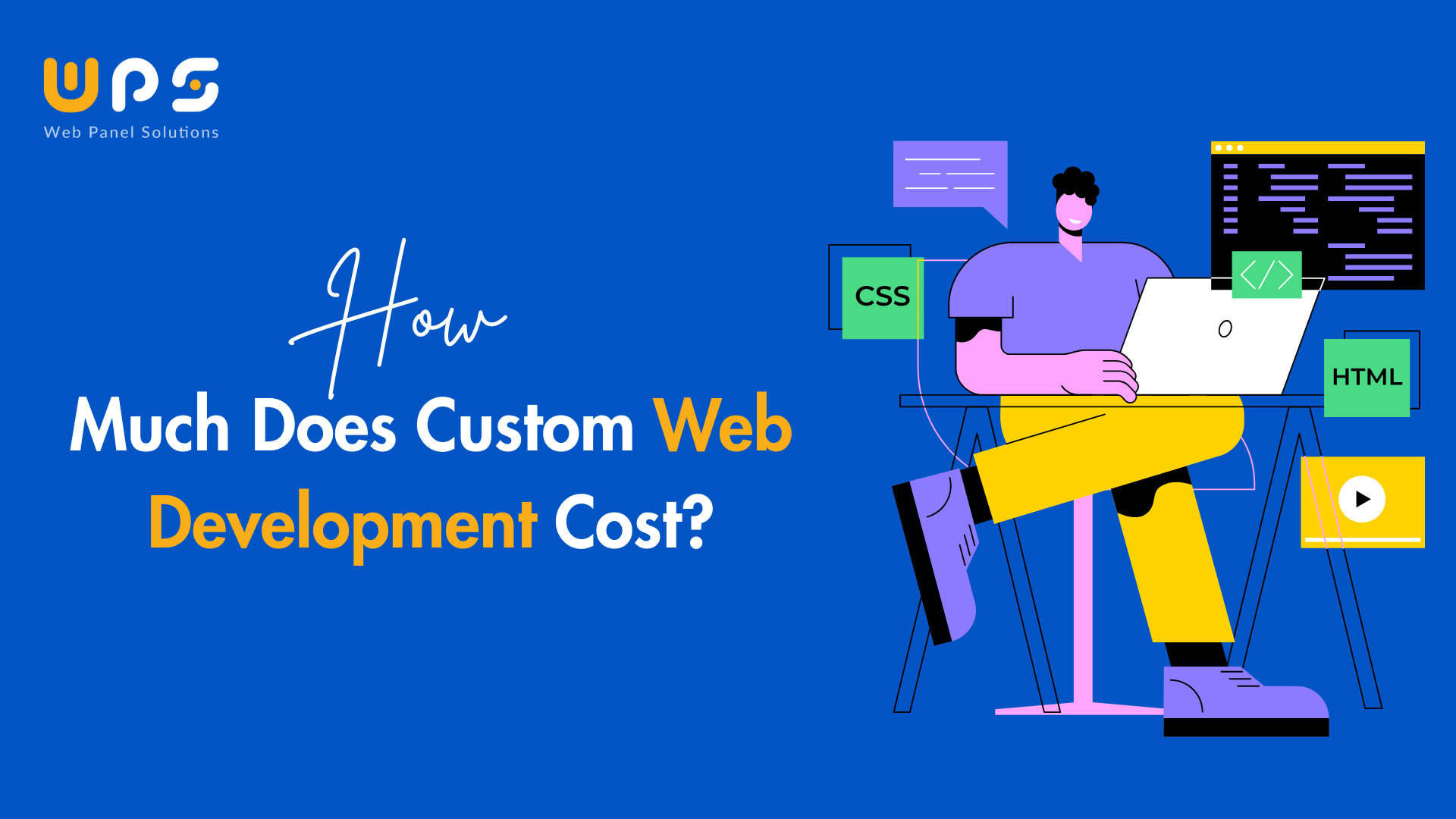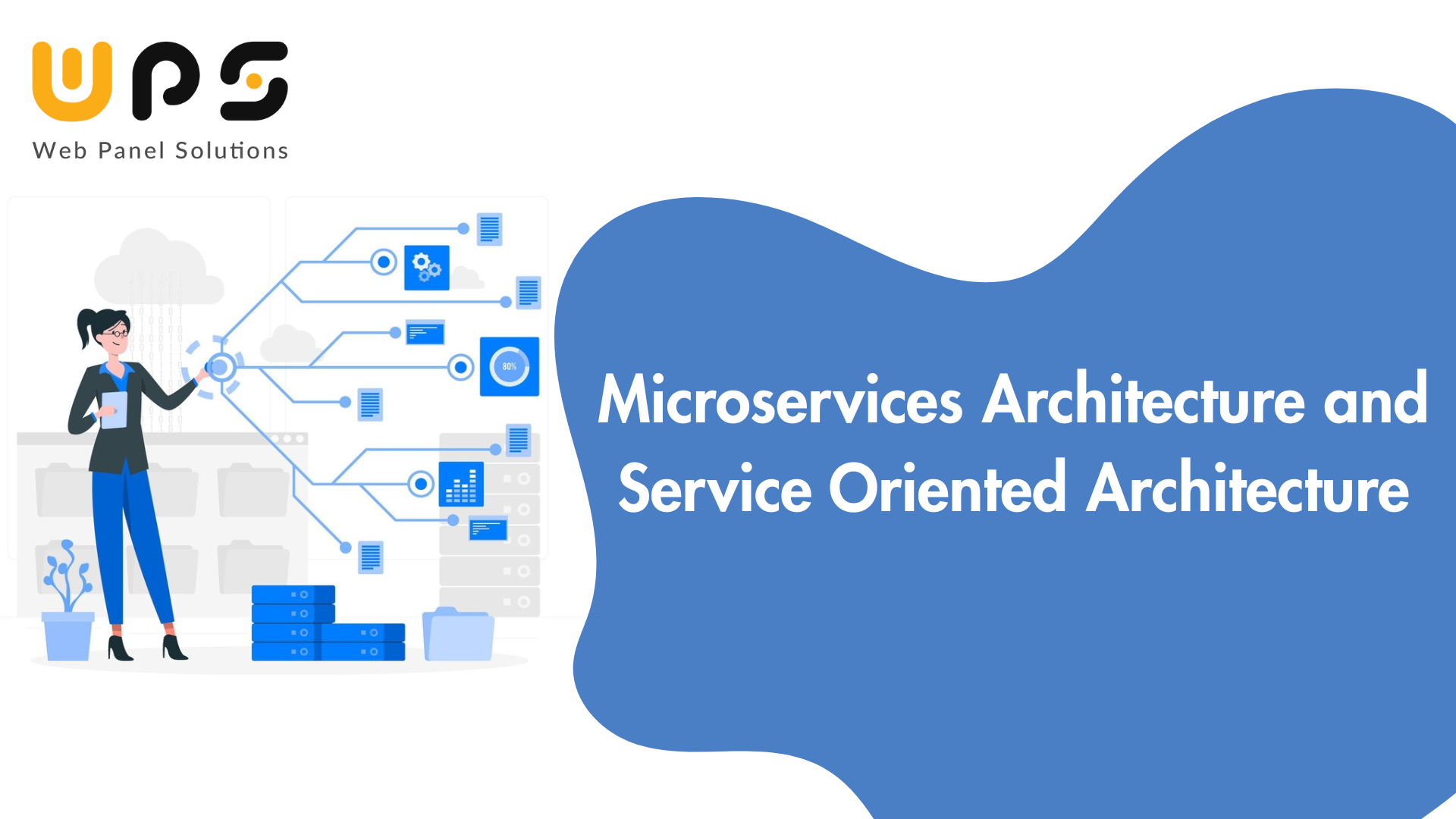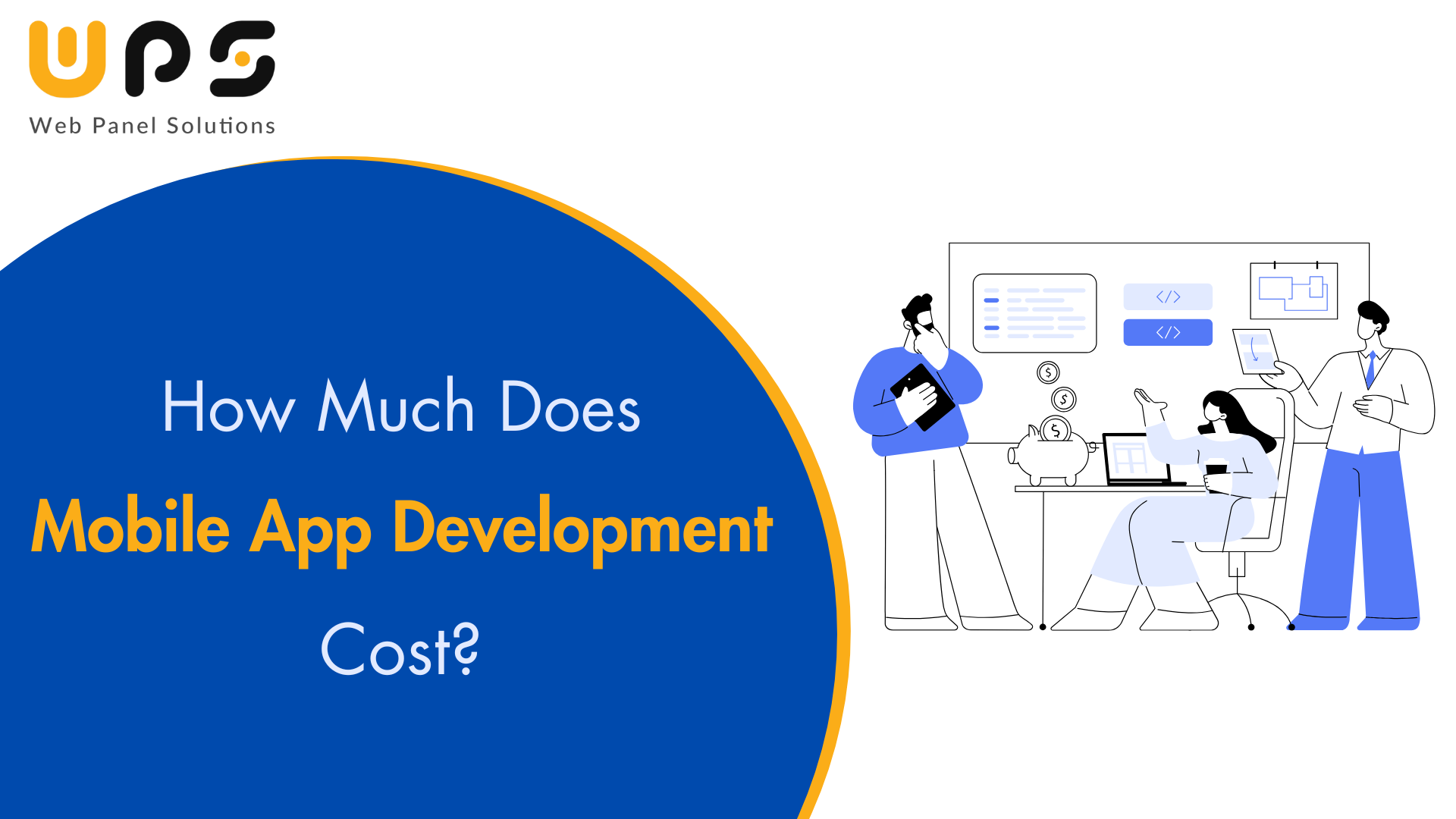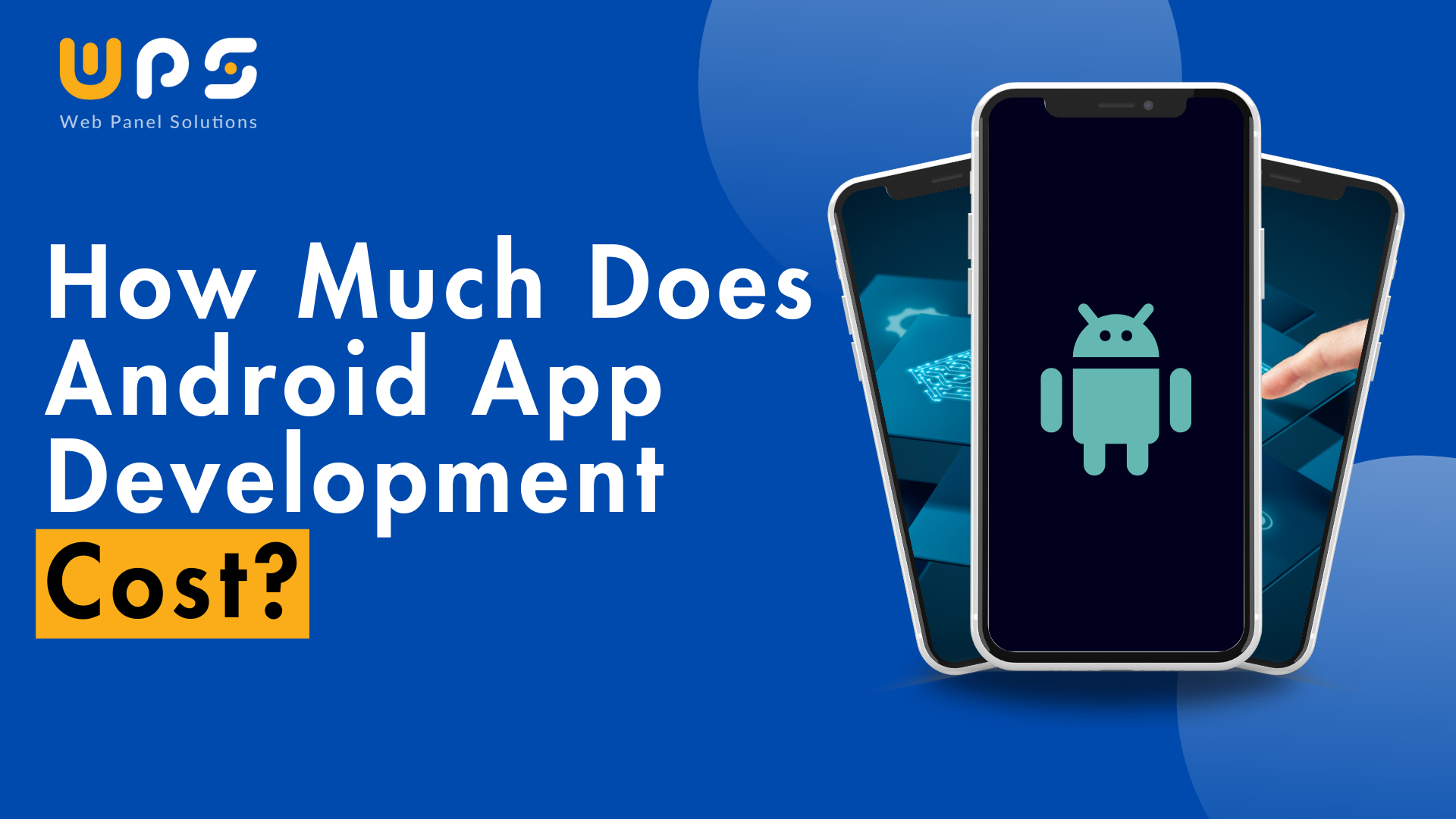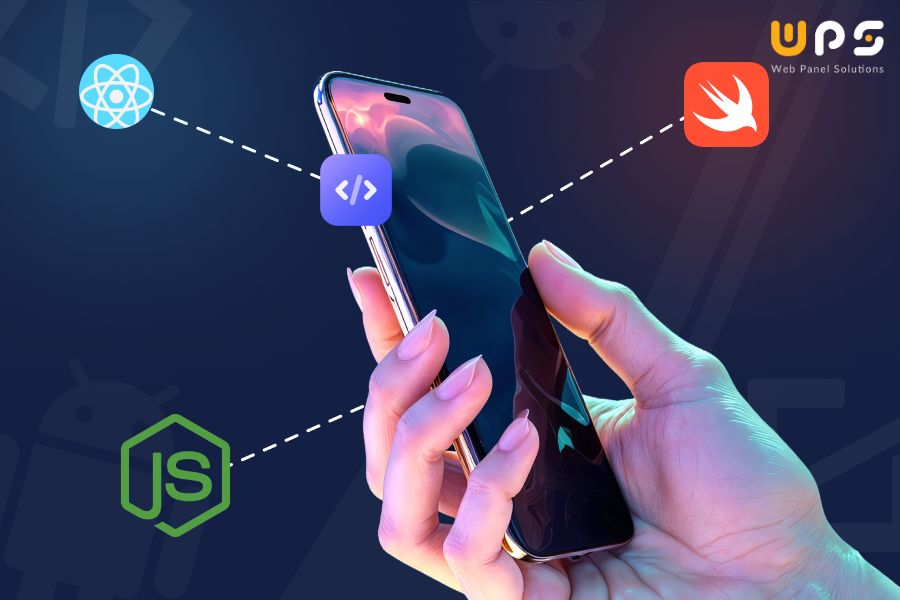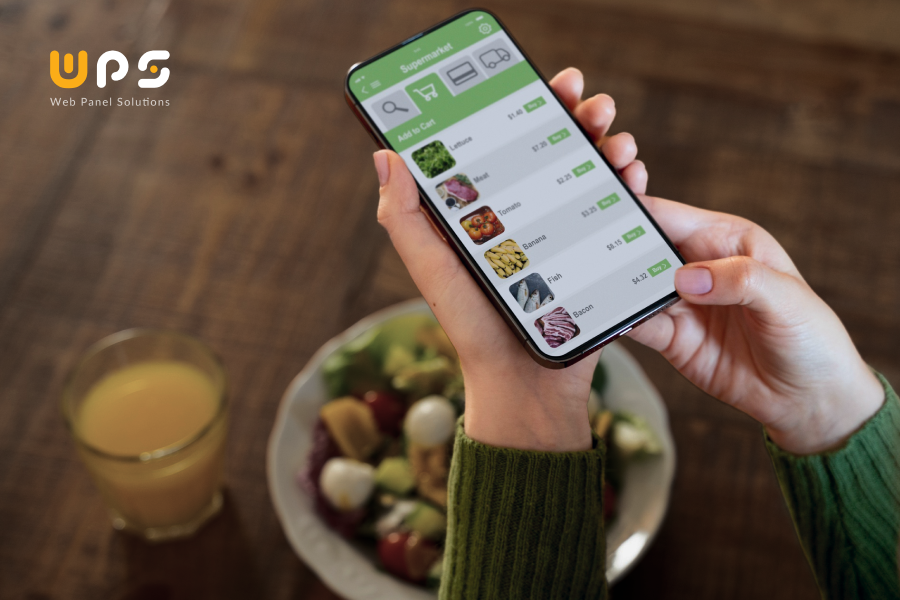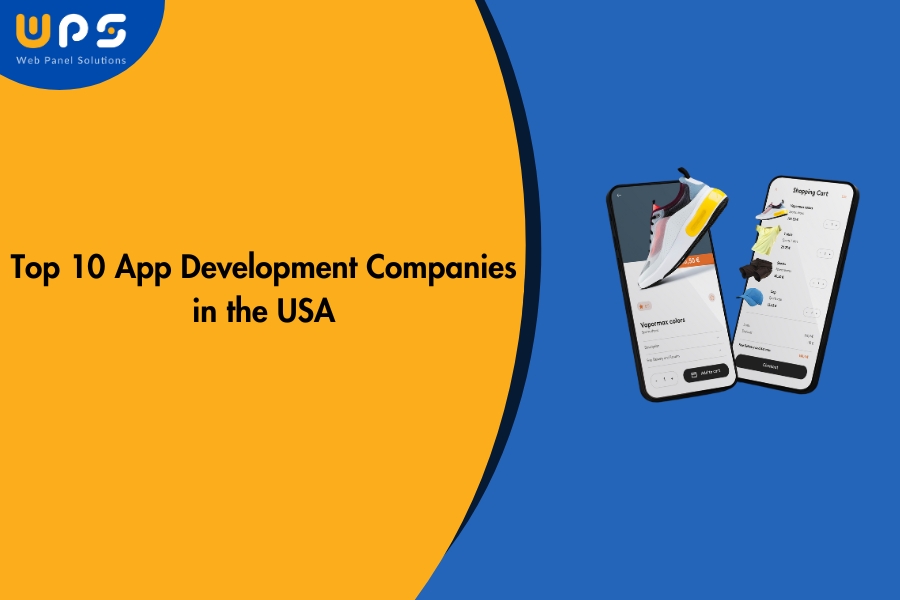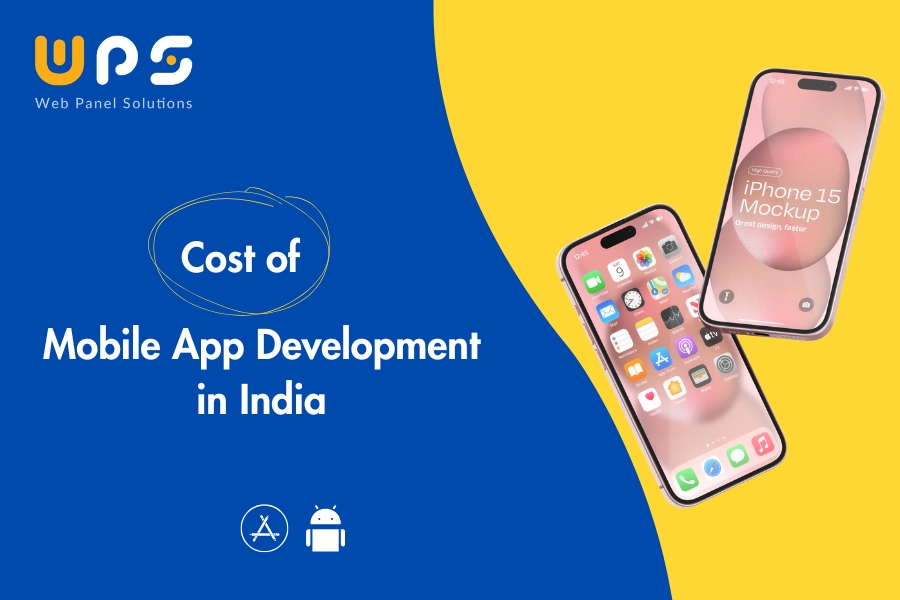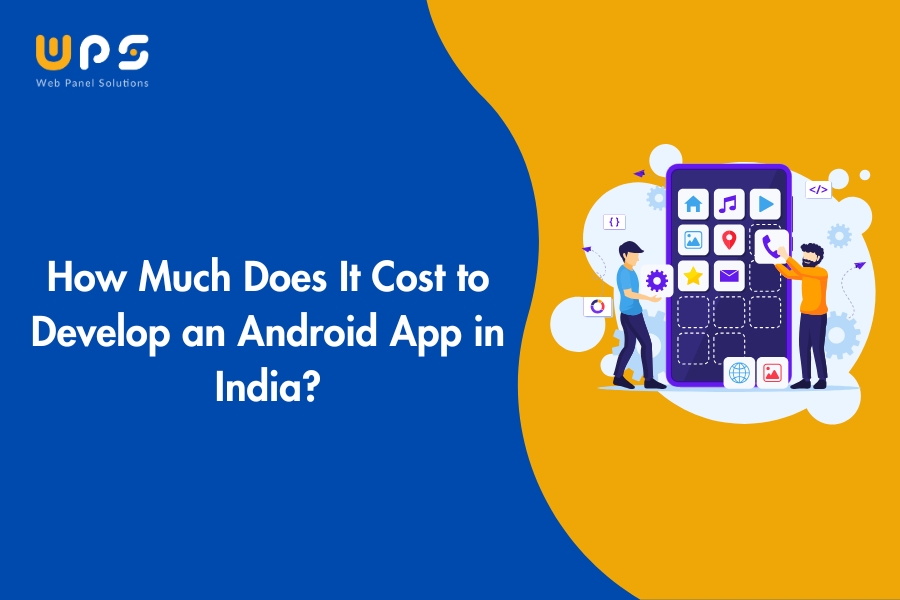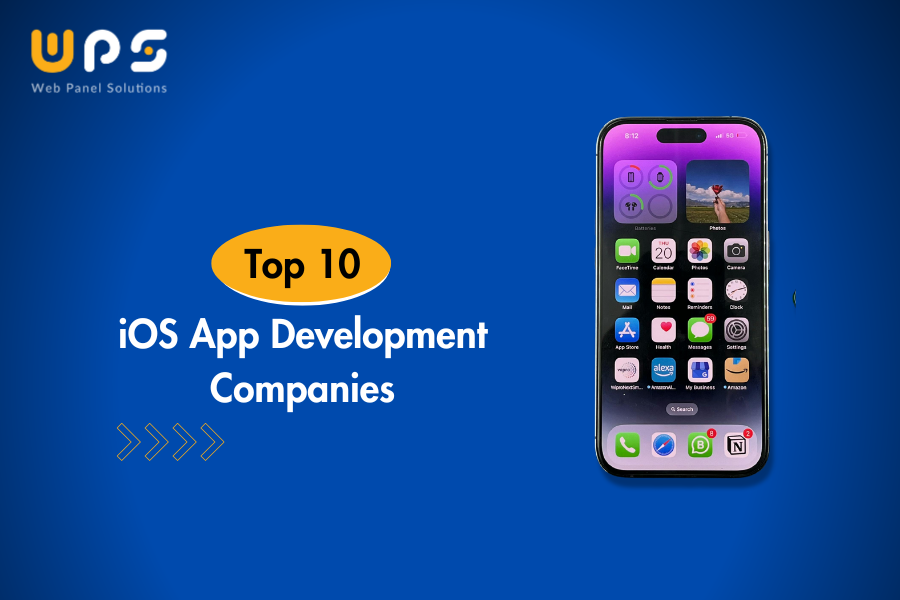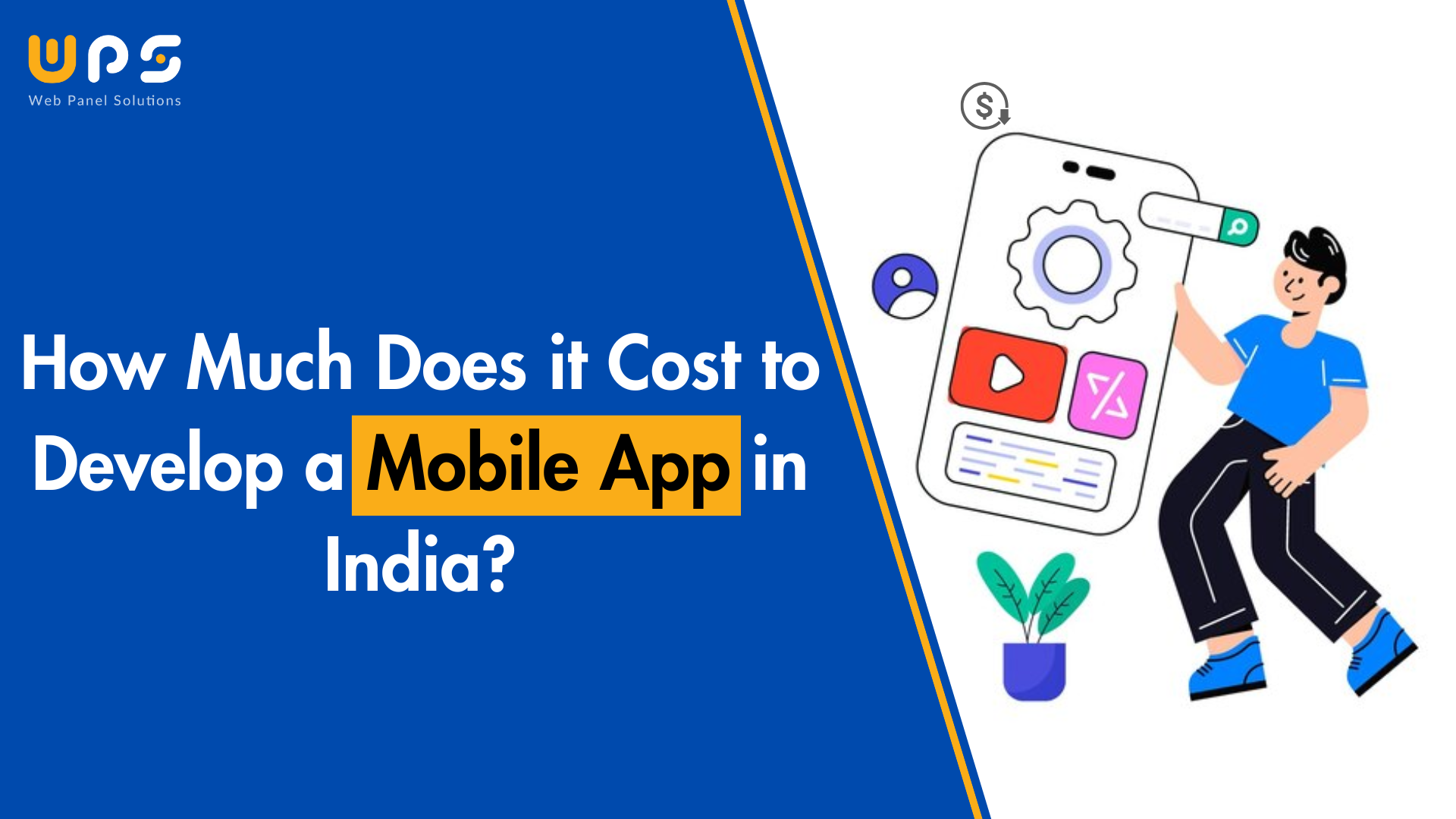What are the Top 8 Mobile App Development Frameworks in 2024?
4 min read
13th November, 2024
Today the mobile apps development sector is growing at a rapid pace, and the frameworks appear to satisfy developers necessities. From 2024 several frameworks are most capable, flexible and developed with support of modern development practices. Here is a look at the top 8 mobile app development frameworks this year. We are the leading mobile app development services, and app development company.
Best Mobile App Development Frameworks
1. Flutter
Flutter is still a preferred option for developers in the year 2024. Developed by Google it is used in development of applications for mobile, web as well as desktop within a single codebase and compiles an application natively.
Flutter works with Dart programming language and has a large set of predetermined widgets which can be easily changed, thus it can be considered as a highly adaptive application. One of its benefits is hot-reload which brings comfort during the development process and makes the action result visible immediately. There has been an explosion of Flutter's community and ecosystem with lots of plugins and packages that improves the framework.
2. React Native
React is another framework that is victorious at the site of cross-platform mobile applications building that has been created by Facebook. This runs on JavaScript and can be utilized by developers to create codes that are operational on both the iOS and Android platforms and in the process cut some short time and resources.
A large number of users guarantees the constant developmental changes, libraries solidity, and compatibility with third-party applications. The general performance of the framework has increased over the years and currently can handle some complex tasks directly relating to native applications .
3. SwiftUI
SwiftUI is Apples UI framework that begins to rise in 2024 for the development of iOS applications. Launched in 2019, it has grown up and provides a declarative approach to the development of user interfaces.
SwiftUI does blend well with the Apple ecosystem and as such, is well-suitable for developers targeting iOS, iPadOS, macOS, watchOS, and tvOS. It works well with Xcode and is suitable for utilizing. These features make SwiftUI desirable for the developers loyal to the Apple environment. To know more contact Web Panel Solutions - mobile app design agency.
4.KMM- Kotlin Multiplatform Mobile
Kotlin Multiplatform Mobile is relatively new in the mobile application development market. KMM is a KotlinMultiplatformMobile that enables an application developer to code an app using Kotlin once and then compile it for the iOS and Android operating systems.
The framework focuses on sharing most of the business logic while keeping the UI implementation platform specific so as to provide the native performance and feel. As Kotlin is the preferred language for Android development, the KMM solves the problem of wanting to develop apps for iOS without having to learn a new language.
5. Ionic
Ionic has been one of the most widely used frameworks for several years, and, in 2024, Ionic stays afloat. Ionic is based on web technologies such as Angular, React or Vue, and CSS, HTML and Javascript, and enables developers to build applications for multiple platforms simultaneously.
Its strength is that there are many already-built UI components included in the framework, this makes the process of creating interfaces that look the same across the platforms more unproblematic. Furthermore, Ionic has a close coupling with Capacitor which is a native runtime and enables developers to accomplish native things easily.
6. Xamarin
Originally an independent company, Xamarin is now a part of Microsofts . NET platform is still relevant for creating applications with switch-mode presence on both platforms of mobile use. It provides developers with the capability to employ.
Xamarin offers an integrated development environment and not only Xamarin but also Xamarin.Android for Android application and Xamarin.iOS for iOS application. Templates for the UI development which makes it easy to create a single interface that is workable on various surfaces. Xamarin can be very efficient for enterprise level applications because of its strong connection with Visual Studio and Azure services.
7. Apache Cordova
Apache Cordova is a cross-platform that has been existing for years and is still applicable for developing new cross-platform mobile apps in the year 2024.
It enables developers to build applications using standard web technologies such as HTML 5, CSS 3, and JavaScript, that work on different operating systems. Cordova uses plugins to interface with the native device API, this makes it possible to build robust mobile applications without having to write application code that resides in the native space.
It is most valuable for developers who have experience with Web development and wish to code mobile applications.
8. NativeScript
NativeScript is the other framework for developing mobile applications using Javascript, typescript or angular. It enables developers to write apps that are in fact native, given that they dont utilize WebView to access APIs, which results in better performance than most other hybrid frameworks.
NativeScripts excellent compatibility with Angular and it's fairly good compatibility with Vue. js also makes it suitable for developers who have a knowledge of these web frameworks. Besides, it provides the native UI controls set, which means that applications appear to be native on the platforms they have been developed.
Conclusion
In 2024 mobile app development will have many diverse frameworks to support developers requirements. Each action has its tools: cross-actions like Flutter and reaction native or pure action like swift UI or Kotlin multiplatform mobile. All these depend on the nature of the project, the level of proficiency of the developer and the experience that is intended to be offered to the users.
For any help considering mobile apps, reach out to Web Panel Solutions. We offer comprehensive development, and design services. We also offer iOS app development services.






